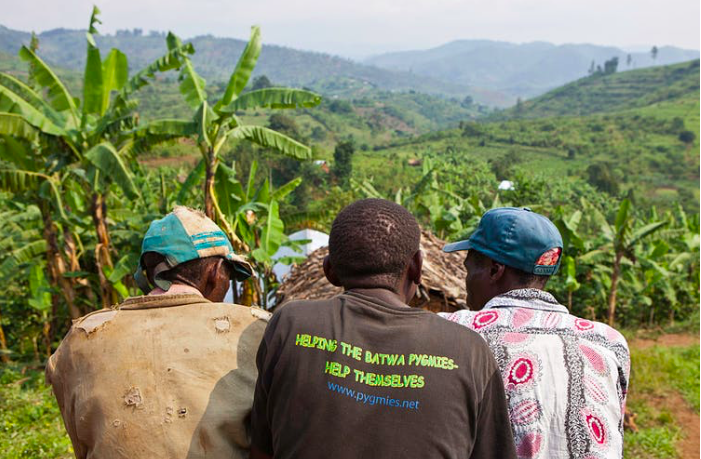Biodiversity loss and ecosystem collapse was ranked by leaders in business, government and civil society as one of the top five threats humanity will face in the next 10 years in the World Economic Forum’s 2020 Global Risks Report.
Nature is declining at an unprecedented rate, with nearly 1 million species facing extinction because of human activity. Current production and consumption patterns, land use and urbanization, population dynamics, trade, industry and governance models underpin this loss. For instance, global resource extraction has tripled from 27 billion tonnes in 1970 to 92 billion tonnes.
Biodiversity loss is just as alarming for business and humanity as it is for the environment. Business-as-usual cannot continue.
With human health, jobs and a stable climate dependent on nature, inaction puts trillions of dollars of the global economy at risk. There is need for a great reset of humanity’s relationship with nature.
Public-private efforts towards building a new nature economy can drive the next stage of growth that is resilient, just and has nature-based solutions at its core.
Risks, transitions, opportunities and investments
The New Nature Economy series is made up of three reports which provide the fact base to the Nature Action Agenda (NAA). More detail on each report can be accessed through the tabs at the top of this page.
- Nature Risk Rising, produced in collaboration with PwC and the first report in the NNE series, explains how nature-related risks matter to business, why they must be urgently mainstreamed into risk management strategies and why it is vital to prioritize the protection of nature’s assets and services within the broader global economic growth agenda.
$44 trillion of economic value generation – over half the world’s total GDP – is moderately or highly dependent on nature.
- The second report, The Future of Nature and Business, identifies what transitions are needed to move towards a nature-positive economy and how businesses can be part of the solution, paving the way for new opportunities.
A new nature economy could generate up to $10.1 trillion in annual business value and create 395 million jobs by 2030.
The report was produced in collaboration with AlphaBeta. Its findings inform the working priorities of the Nature Action Agenda’s Champions for Nature, a community of leaders disrupting business-as-usual to lead the way to a nature-positive global economy and halt nature loss by 2030.
This report is accompanied by a policy recommendations paper.
- For the series’ third report, to be released in 2021, the Forum will undertake a series of deep dives into transforming key socioeconomic systems.
In addition to the reports, the series will contain a set of policy recommendations and a number of in-depth case studies.
The New Nature Economy report series aims to help business leaders and policymakers take informed action in contributing to a nature-positive economy.
Source: World Economic Forum











